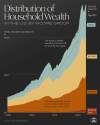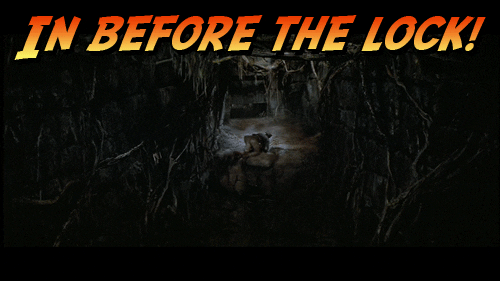SoonerAviator
Final Approach
- Joined
- Jul 21, 2014
- Messages
- 9,350
- Location
- Broken Arrow, OK
- Display Name
Display name:
SoonerAviator
Let's see if we can keep this non-political . . . what consequences do you see as a result of the Middle Class wealth shrinking (as a proportion) and being absorbed into estates of the wealthiest of Americans?

Wealth distribution in America has become increasingly concentrated since 1990.
Today, the share of wealth held by the richest 0.1% is currently at its peak, with households in the highest rung having a minimum of $38 million in wealth. Overall, roughly 131,000 households fall into this elite wealth bracket.
With $20 trillion in wealth, the top 0.1% earn on average $3.3 million in income each year.
The greatest share of their wealth is held in corporate equities and mutual funds, which make up over one-third of their assets. Since 1990, their total share of wealth has grown from from 9% to 14% in 2023—the biggest jump across all wealth brackets.
In fact, the richest 0.1% and 1% were the only two rungs to see their share increase since 1990.
Meanwhile, the greatest decline was seen across the 50-90% bracket—households in the lower-middle and middle classes. Those in this rung have a minimum $165,000 in wealth with the majority of assets in real estate, followed by pension and retirement benefits.
Averaging $51,000 in wealth, the bottom 50% make up the lowest share, accounting for 3% of the wealth distribution in America. Income growth across this bracket has increased by over 10% between 2020 and 2022, higher than all other brackets aside from the top 1%.
Overall, the top 10% richest own more than the bottom 90% combined, with $95 trillion in wealth.





